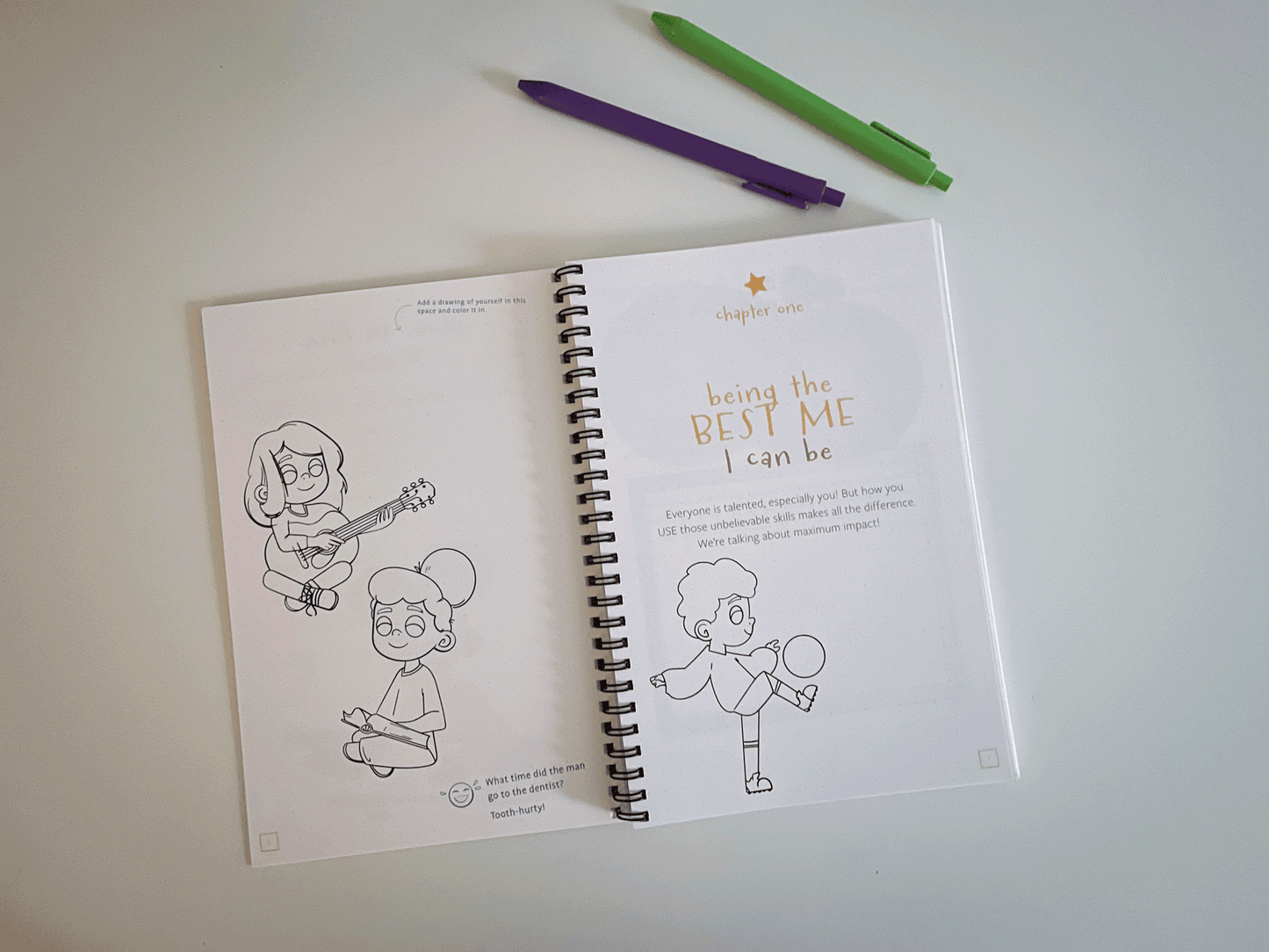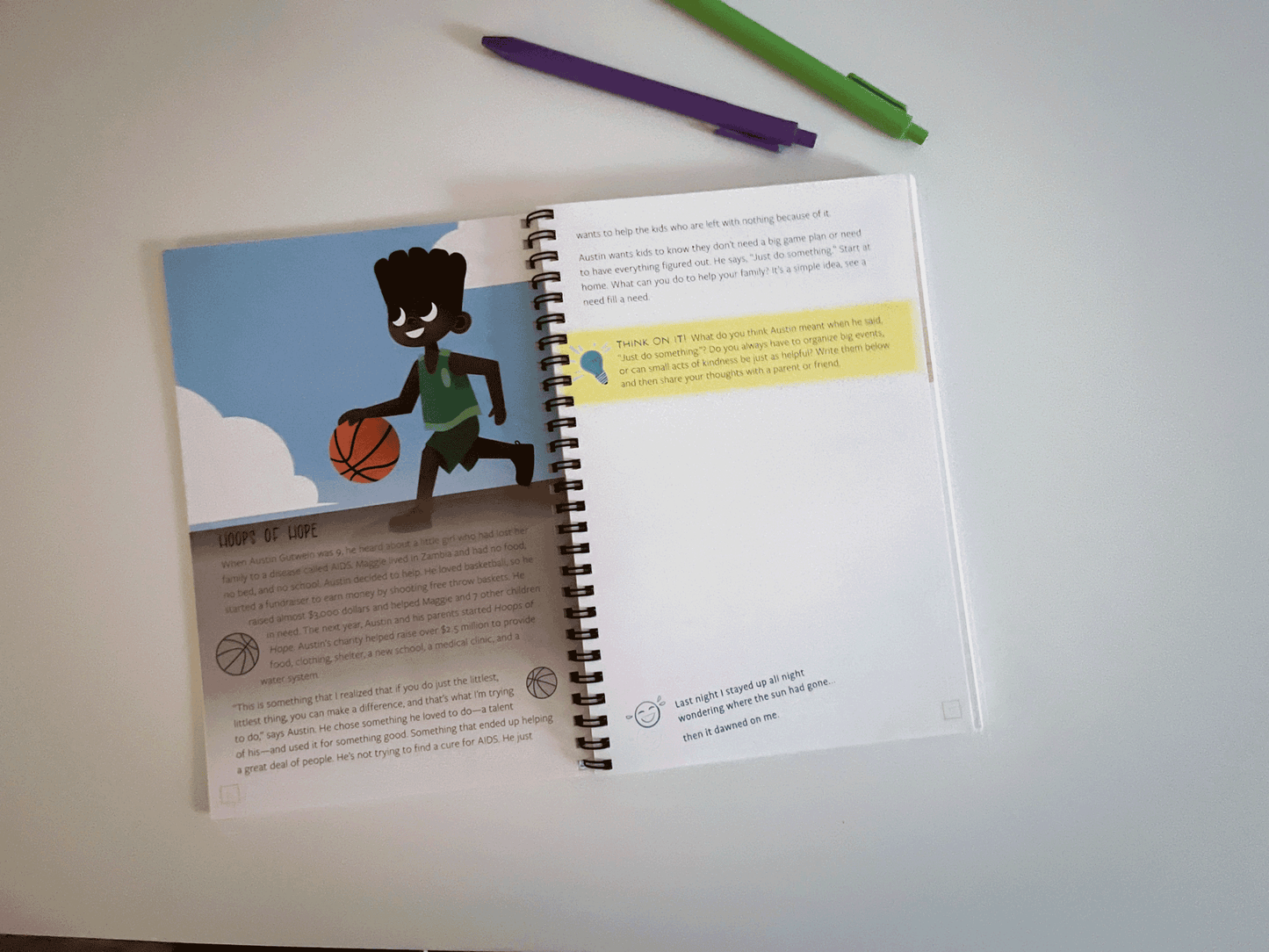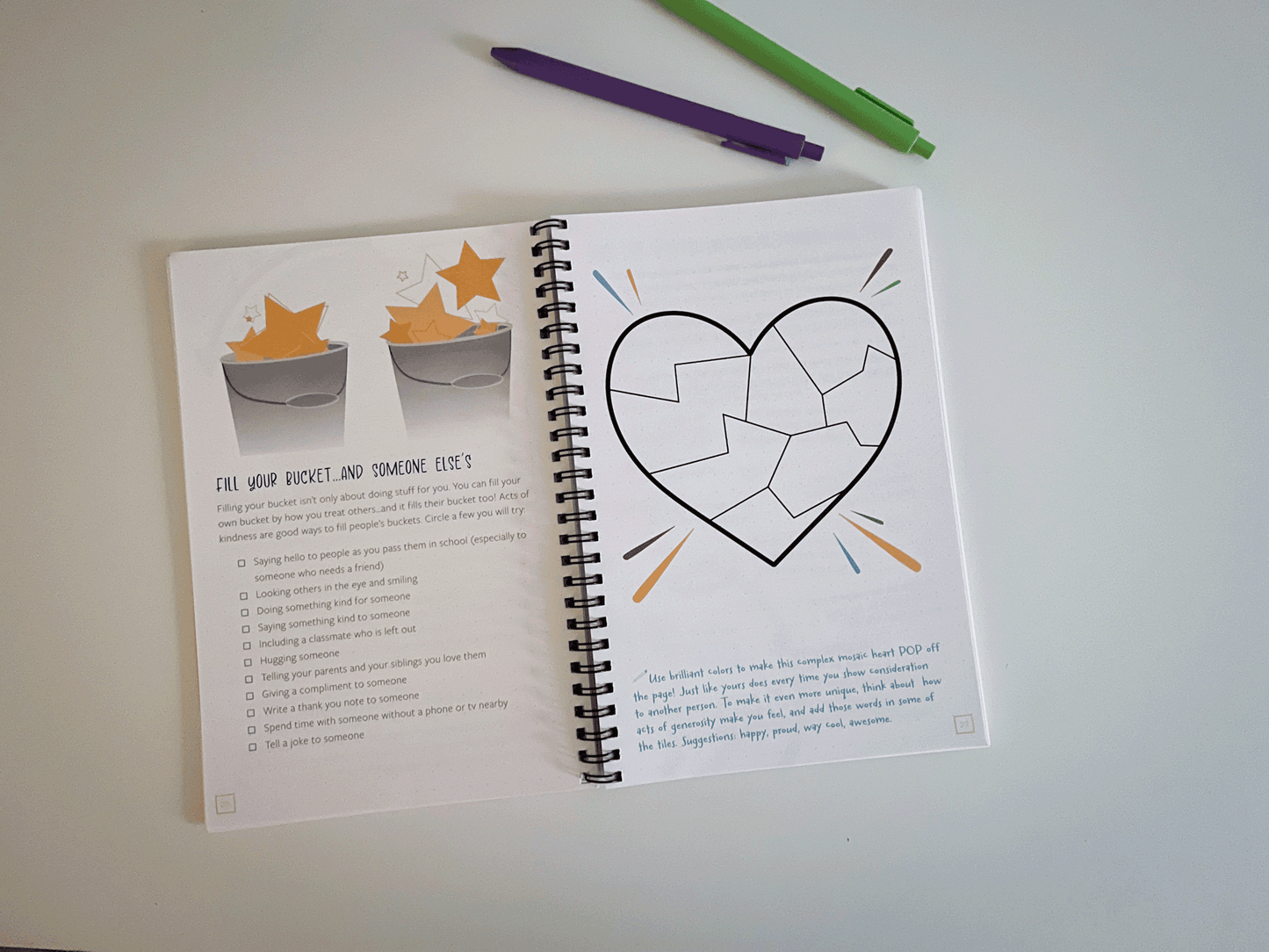Empower Your Children to Tap Into Their Outside Voices: 6 Quick Tips to Foster More Assertive Kids
Mary Jo GerdHow many times have you heard parents, grandparents, teachers, or librarians utter these words to kids?
“Sssh! Use your inside voice, please.”
You’ve probably said it yourself many times. It can certainly be a gentle and helpful way to urge calm and quiet when kids are in church or walking the hallways at school, but it can also inadvertently send the wrong message, especially to shy children who naturally struggle with speaking up.Many children will interpret the “inside voice” directive at face value, “You need to be quiet now, so lower your voice,” but others may hear, “I should keep my feelings to myself and go along to get along.” No bueno. Why? Kids who are too passive face all sorts of trouble down the road. Hello, high school bully! They often end up feeling taken advantage of and begin to feel hurt, angry, or resentful. When kids hold back what they think and feel, they can mistakenly think their opinions or feelings don’t count. This leads to lower self-confidence and robs them of the chance to get positive feedback and recognition for good ideas. Inevitably, it can end with serious depression.
But what if we also regularly reminded our children to,
“Use that amazing outside voice too!”?
Just regularly repeating that simple phrase above can empower your shy kid to cultivate the character strength of assertiveness.
Here's what it means to be assertive and properly speak with an “outside voice”:
- Offering an honest opinion or saying how you feel
- Asking for what you want or need
- Disagreeing respectfully
- Giving your ideas and suggestions
- Saying no without feeling guilty
- Speaking up for someone else
The sweet spot of assertiveness means kids feel empowered to share in a productive and respectful way. No one wants their kids to be easy targets for bullies and predators, so how does a parent foster assertiveness in a child who is naturally more reserved and passive? It just takes some practice and discussion. Talk regularly about what it means to proudly use an “outside voice.”
6 Tips to empower your child to use his/her outside voice:
- Emotions as Signposts Remind your children to pay attention to their feelings—what they think, want, prefer. They have to understand their own feelings before they can communicate them to another. And “icky” feelings are helpful because they’re nature’s way of saying, be careful, warning, pay attention now! All feelings have the ability to tell us something.
- Indecision Doesn’t Fly Encourage them to use language other than, “I don’t know,” or “It doesn’t matter,” when someone asks them their wishes. It’s good to say, “I prefer this…” “I’d like this instead…” When you catch them making a decision based on their honest feelings, give him/her praise.
- Get a Job! Give your kids safe and manageable tasks where they have to advocate for themselves. They want extra ketchup at Chick-fil-A, have them approach the staff on their own. When they see that they can get things accomplished, it boosts self-confidence.
- Your Opinion Matters Ask your child his/her opinion regularly. “What did you think of the movie/book/dessert. Why?” Reassure them that their opinions, whether negative or positive are welcome.
- No Means No Believe it or not no is not a bad word. So, try not to overreact when your kid says it. In fact, you can even praise them for their honest no. If you ask your 5-year-old to clean their room and they say no, you say, “I appreciate your feelings. Good job for expressing them! But everyone in the house has to pitch in so you still need to make your bed.” This signals that authenticity leads to resolution and progress.
- Strike a Pose You are a wonderful model for your kids. Be conscious of the clues/signs you’re sending. Did you get the wrong order, and instead of letting the waiter know, you just deal? This may send the wrong message. Instead, show your kids that speaking up with kindness is a valuable resource to use often in day-to-day interactions. It can be done in a way that fosters better communication and you end up getting what you asked for.
There’s a time and a place for an “outside voice.” We need to make sure our children grasp that concept. Try your best to engage your little one’s input and when they do offer it with respect, (yay!) express your gratitude. You’re on your way to raising a kind child who knows what he wants and will not fall prey to the first bully that crosses his path. You’re building the character strength of assertiveness. You go, mom & dad!
Like every virtue though, assertiveness is smack dab in the middle between two extremes. Too little, as I mentioned above—and you’re looking at passiveness. But what about too much assertiveness? That leads to aggression. A child who is aggressive, rather than assertive, will come across as harsh and opinionated. They often dominate the conversation with interruptions and don’t listen. When an aggressive person disagrees, they do it with bossiness, sarcasm, or put-downs. Overall, it’s a very insensitive way to interact with others. Is your child prone to being a (gasp!) bully?
We’ll tackle that in an upcoming blog: Oh no! Is My Sweet Child… A Bully? Yep, we’re not only going there, we’re gonna authentically talk about the problem and solutions for our overly aggressive “little darlings.”
For daily support on building strength of character, join our Adventure into Character subscription series. Trust us...your kids will thank you later!
If you have an issue you’d like our help with, drop us a line at Hello@FamiliesofCharacter.com. If you’re experiencing a problem, chances are thousands of other families are in the same boat. We’re ALL in this parenting boat together!
Remember to tap into our Thrive Community on Facebook. It’s free and our team’s very own clinical counselor offers helpful tips and encouragement to parents who are adventuring together.

















